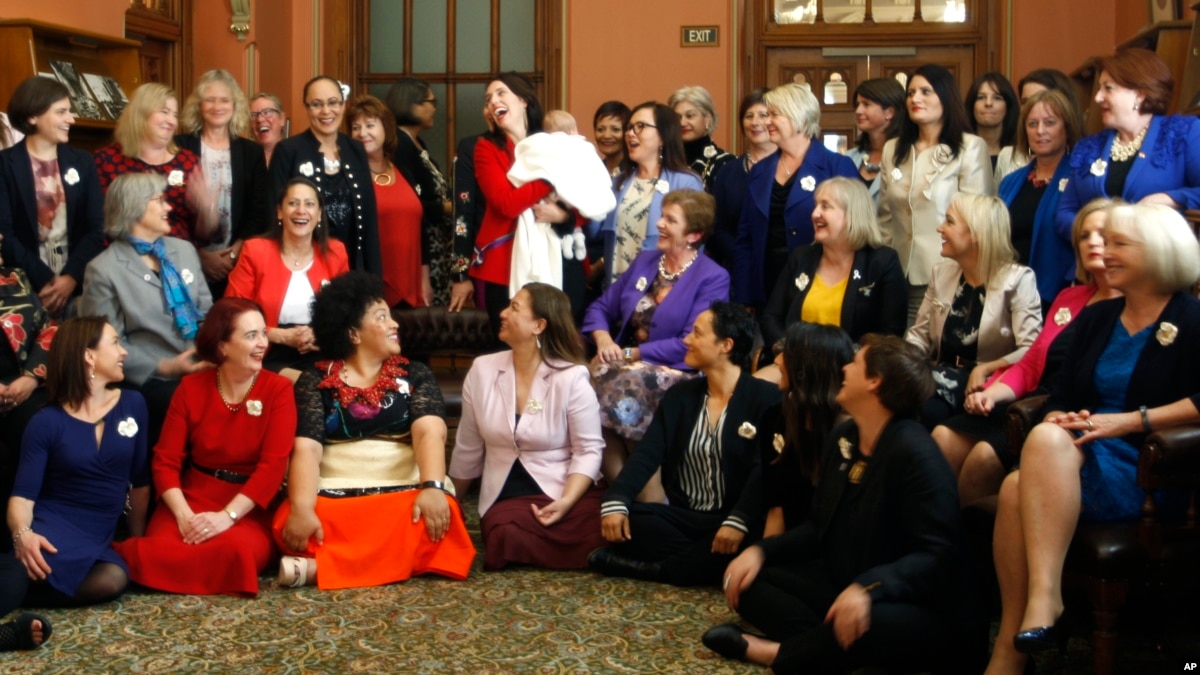
New Zealand has marked the 125th anniversary of a historic move to give women the vote. It was the first country in the world to enact suffrage for women.
Jacinda Ardern, New Zealand's third female prime minister said the nation's 19th century fight for economic independence and equal rights was still continuing.
The gender pay gap in the South Pacific nation is, on average, 10 percent, although for working mothers it is about 17 percent — a pay difference known as the "motherhood penalty." Women are also under-represented in some senior corporate positions. Among New Zealand's top 50-listed companies female executives make up just a fifth of directors.
In September 1893, New Zealand passed an Electoral Act that gave women over the age of 21 the right to vote in parliamentary elections.
Schools, theaters, museums and libraries have hosted events commemorating the world-first legislation and discussions about how to achieve greater equality.
In parliament, prime minister Ardern praised the campaigners who had brought about fundamental change all those years ago.
"First and foremost as a tribute to the women who led the change. To Kate Sheppard; to Margaret Seabright; to the 25,000 women who signed the petition in 1893. I move that this house mark the 125th anniversary of New Zealand women becoming the first in the world to win the right to vote, and celebrate the contribution of women to New Zealand's democracy past, present and future," said Ardern.
A union representing public service workers in New Zealand has held an equal pay strike demanding an end to wage discrimination. The center-left Ardern government, which came into power a year ago, has also this week brought in new laws designed to make it easier for female employees to make claims for equal pay.
About 40 percent of New Zealand lawmakers are women, but fewer than a third of government ministers are female.

No comments:
Post a Comment